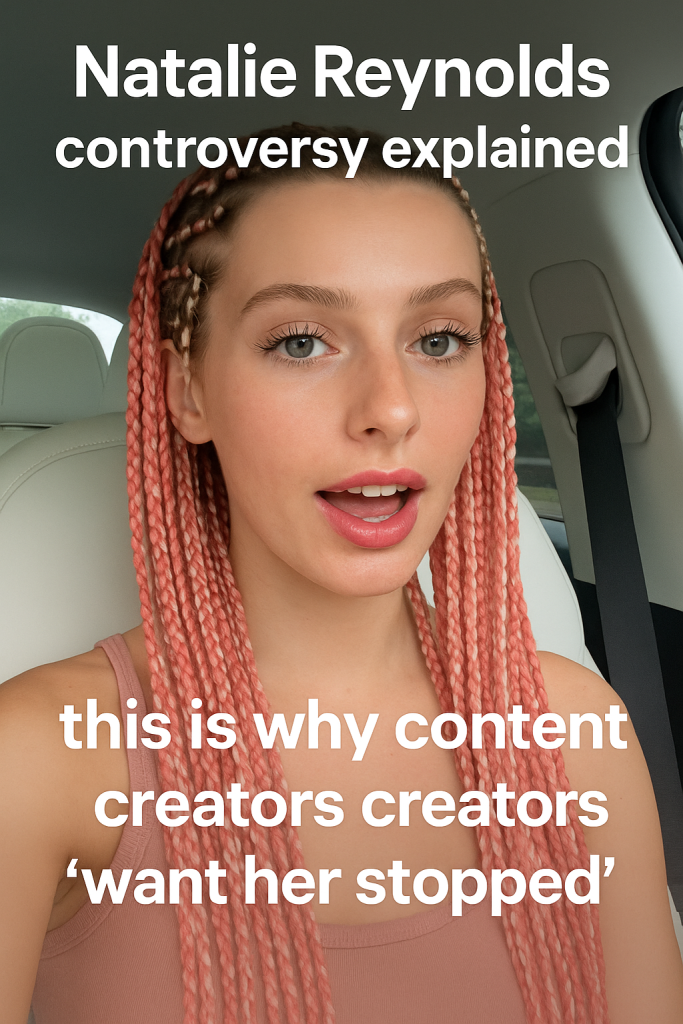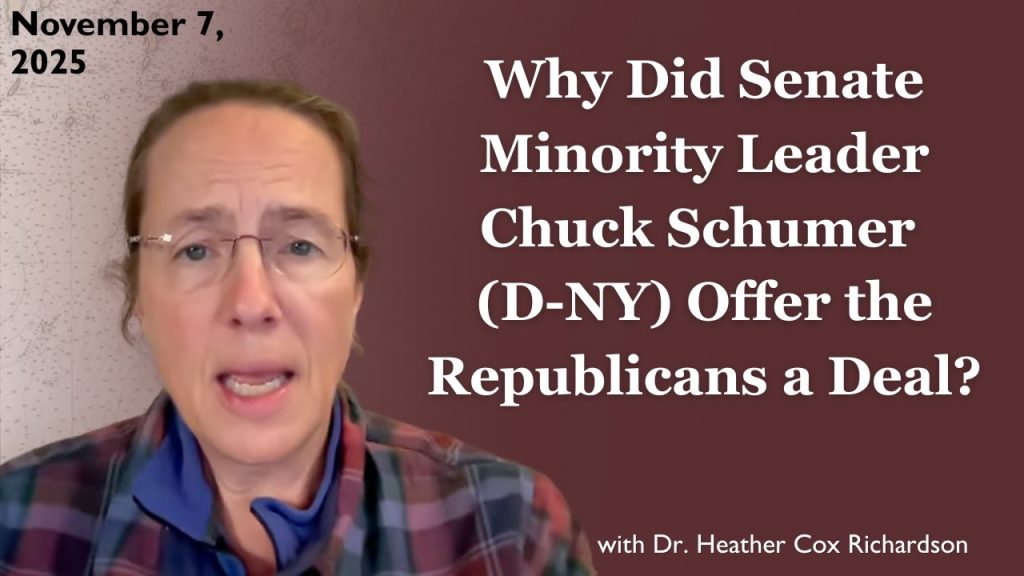In recent weeks, the social media sphere has been abuzz with discussions surrounding the viral content creator Natalie Reynolds, igniting widespread controversy and a growing backlash within the creator community. The debate centers not merely on her style of content but on deeper concerns about ethics, fairness, and platform dynamics that many creators argue are being adversely impacted by her actions.
Who is Natalie Reynolds? Reynolds rose to prominence through her engaging lifestyle and DIY videos, amassing millions of followers across platforms. Her brand of content combines personal narrative with entertainment, appealing to a broad and diverse audience. However, her recent controversies have overshadowed her creative output, prompting some fellow creators and industry observers to call for urgent scrutiny.
What sparked the controversy? At the heart of the issue is the accusation that Natalie Reynolds has been appropriating content from smaller creators, sometimes replicating popular video formats and ideas without adequate credit or collaboration. Multiple content creators have publicly expressed frustration, alleging that Reynolds’s practices not only dilute original content but also affect their visibility and revenue streams, especially on platforms where discoverability algorithms are already competitive and opaque.
Furthermore, several creators argue that Reynolds’s significant platform advantage allows her to capitalize on trends created by others, raising questions about fairness and creative integrity. Reports also suggest instances where Reynolds’s team may have engaged in aggressive tactics to suppress criticism, fueling the perception of an uneven playing field.
Impact on the creator community has been palpable. Smaller and emerging creators feel sidelined, emphasizing that when influential figures skirt community norms on crediting and ethics, it fosters a climate of mistrust. The conversation has expanded beyond Reynolds herself, touching on broader concerns about how social media algorithms reward fast replication over originality.
In response to the swelling backlash, Natalie Reynolds issued a statement saying she values originality and creativity and that any overlaps with other creators’ content are unintentional. She affirmed a commitment to respecting community standards going forward, though some critics remain skeptical, demanding more concrete actions and transparency.
Why do content creators want her stopped? The calls for stopping Reynolds are rooted in a desire to promote accountability and establish clearer boundaries regarding intellectual property and ethics online. Many suggest that without intervention, the cycle of content appropriation will continue to undermine creators who invest time and resources into developing unique ideas.
Experts monitoring the situation note that this controversy is emblematic of larger systemic challenges within the digital content ecosystem. As platforms grow and content creation becomes increasingly lucrative, defining and enforcing ethical standards poses significant challenges. The Reynolds controversy, therefore, serves as a flashpoint in ongoing discussions about fairness, respect, and sustainable creative communities.
As the debate unfolds, social media users and industry insiders alike are watching closely. Whether this controversy leads to meaningful change or fades away, it has undeniably sparked critical reflection about the responsibilities of high-profile creators to the communities they influence.
For now, Natalie Reynolds remains a polarizing figure—admired for her creativity but scrutinized for the controversies shadowing her success. The call from content creators to “stop” her is less about silencing and more about advocating for a healthier, more equitable creative environment where originality is protected and celebrated.



